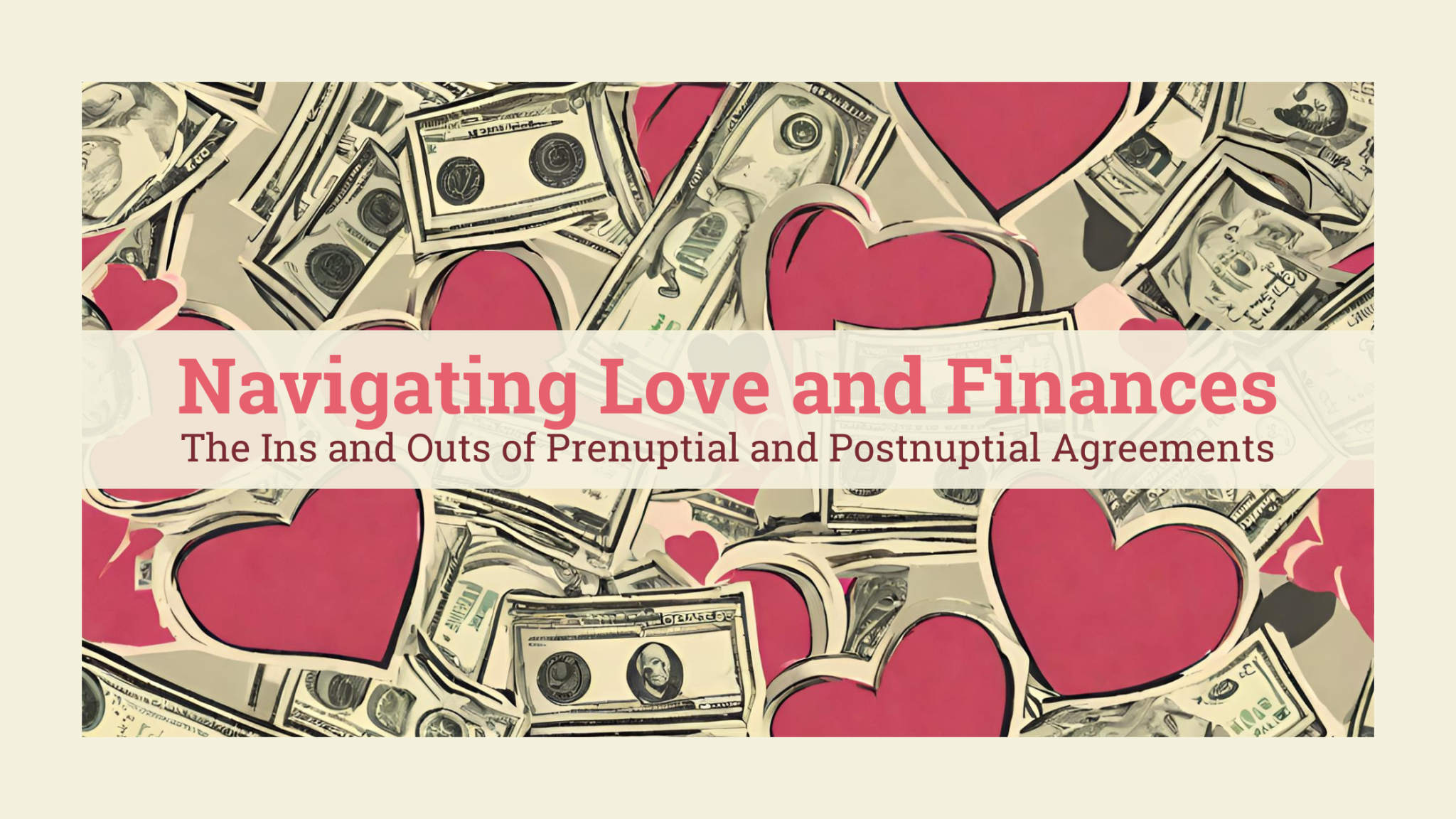While the national divorce rate has declined in recent years, divorce is still all too common. The truth is, there is no way to know whether your marriage will end in a divorce. If it does, you can plan on there being some confusion and uncertainty about how the issues in your divorce will be settled. These issues include the division of marital property, child custody, and alimony.
Prenuptial and postnuptial agreements can provide certainty for you and your spouse in the event you should ever divorce. However, both types of agreements must be legally enforceable to be effective.
Whether a court will honor your prenuptial or postnuptial agreement will depend on your agreement’s compliance with New York’s legal requirements.
Prenuptial and Postnuptial Agreements Explained
An agreement between you and your soon-to-be spouse in anticipation of your impending marriage is considered to be a prenuptial agreement. By contrast, a postnuptial agreement is one you and your spouse enter into after you are legally married.
No matter which type of agreement you are talking about, both types of agreements will cover one or more topics typically addressed by a divorce proceeding, including:
- Identification of separate property not subject to division
- How marital property will be identified and divided
- How any appreciation in value of assets brought into the marriage by either spouse will be divided, if at all
- Whether one spouse will receive alimony, also known as spousal support, from the other and if so, in what amount and for what duration Unlike some other states, prenuptial and postnuptial agreements can cover child support and child custody, subject to some limitations.
A Child Must Already Be Born
First, a prenuptial or postnuptial agreement cannot contain terms addressing child support or custody unless a child is already born. For example, if you and your spouse have a child together before marriage, you can create a prenuptial agreement addressing child support and custody following the child’s birth but before your wedding.
Any Agreement Is Always Subject to the Court’s Authority
Secondly, the court can always decide these issues at the time of your divorce. As a result, the court can consider but need not follow any child support or child custody arrangement you reach in a prenuptial or postnuptial agreement.
Enforceability of Prenuptial and Postnuptial Agreements
New York courts enforce prenuptial and postnuptial agreements where both parties have dealt fairly with one another throughout the process and are open with each other about their finances. In addition, both parties should have the opportunity to consult with separate attorneys about the agreement before signing.
Getting Assistance With Your New York Prenuptial or Postnuptial Agreement
Some other restrictions and limitations can affect the enforceability of prenuptial and postnuptial agreements. Have an experienced New York divorce lawyer work with you to craft a legally enforceable agreement that protects your interests and gives you certainty if your marriage does not last.

